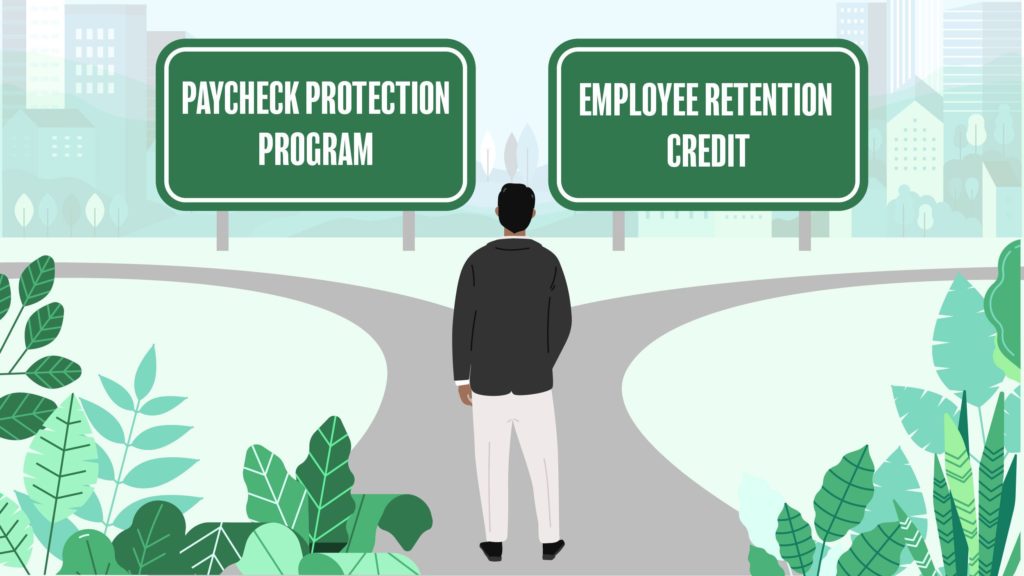
For many small businesses struggling to survive the fallout of the coronavirus pandemic, the only hope of staying afloat until a potential reopening was a Paycheck Protection Program (PPP) loan.
But the PPP exhausted nearly $350 billion set aside under the CARES Act for low-interest loans to small businesses. On Tuesday, the Senate passed a measure that would inject an additional $300 billion into PPP. As part of the $2.2 trillion coronavirus stimulus package, known as the CARES Act, $349 billion was allocated to small businesses, initially as loans. PPP, administered through the Small Business Administration, was authorized to provide small businesses with loans to pay eight weeks of salary, benefits and other eligible costs. Those loans will be forgiven if a business restores its full-time employment and salary levels by June 30.
Many small businesses jumped at that opportunity, and within 13 days the funds were gone. On Tuesday, the Senate approved a $484 billion relief package that includes an additional $310 billion for PPP. President Donald Trump is likely to approve the package, which also includes more funding for hospitals and coronavirus testing. The Senate’s package is in line with what Treasury Secretary Steven Mnuchin said he was discussing with Democratic leaders over the weekend.
Here are some other possible options:
1. Venture-capital funding
Unlike with a loan, businesses that receive venture-capital financing aren’t typically responsible for paying it back. The downside is that they often have to forfeit a portion of their control. But for “smaller and mid-sized business that had existing relations with venture capitalists and never dipped toe in water, I could see venture capitalists being interested,” Prosen said. “They could even get a good discount without giving away a ton of control.”
It may be more difficult to get a loan from traditional sources now that banks and other financial intermediaries have begun to tighten their lending standards, said Eric Pendleton, the principal at Pendleton Financing, a commercial lending business based in Boston. Some lenders, he added, have stopped lending completely to higher-risk borrowers.
2. Employee-retention tax credit
“PPP is definitely the largest program right now, but it’s not the only option,” said Jared Hecht, the CEO and co-founder of Fundera, a marketplace for small-business loans. He cited the employee-retention tax credit recently introduced as part of the CARES Act to encourage employers to keep workers on payroll.
4. Crowd-sourced funding

IFundWomen, a startup funding platform co-founded by Kate Anderson, helps women obtain the capital they need to launch or operate their business through crowdfunding and grants. The number of members tripled in March and there are now over 108,000 members, including funders and entrepreneurs.
IFundWomen launched a COVID-19 relief campaign so that funders can easily identify businesses that are struggling to get by during this time. Crowdfunding, while not as reliable as the PPP program, can help companies keep their lights on “without giving away equity,” Anderson said.
The platform operates in a similar manner to sites like GoFundMe. However, IFundWomen is specifically a crowd-funding platform dedicated to funding female-owned businesses.
Nearly 30% of all small businesses are owned by women; however, they receive only 16% of conventional small-business loans and 17% of SBA loans, according to a 2014 report by the Senate Small Business and Entrepreneurship Committee.
5. Look to family and friends
This is an option of last resort. A loan from relatives or friends will typically come with less fine print and arrive in wallets faster, Prosen said.
Given that 22 million Americans are out of work, however, don’t bank on this option, said Holly Wade, the director of research and policy analysis for the National Federation of Independent Business, a nonprofit small-business association.
Family and friends may be hesitant to dip into their own savings at this time, especially given the heightened uncertainty regarding the U.S. economic outlook, she said. What’s more, mixing business with friendship and family can often lead to broken relationships, experts say.
Contact Us:
We understand debt settlement and bankruptcy is a challenging topic to face both financially and emotionally. The processes can become very complicated in a system that is difficult to navigate and frequently changes. Consulting with a good lawyer as soon as possible is incredibly important to the success of your debt settlement or bankruptcy strategy. At JLG Lawyers we offer solutions to help advise you and answer questions all the way to a full attorney handled case. Contact us now for a free case review and strategy session.
JLG Lawyers and Michael Jaurigue, Esq. are located in Glendale, California and specialize in debt settlement and bankruptcy matters. Michael Jaurigue is a UCLA and Berkeley Law graduate and has been practicing law for 20 years in Los Angeles and worked at Sheppard, Mullin, Richter, and Hampton representing several Fortune 100 clients prior to forming his own firm 10 years ago. JLG Lawyers is located at 300 W Glenoaks Blvd. Suite 300, Glendale, California 91202. 818-630-7280.

